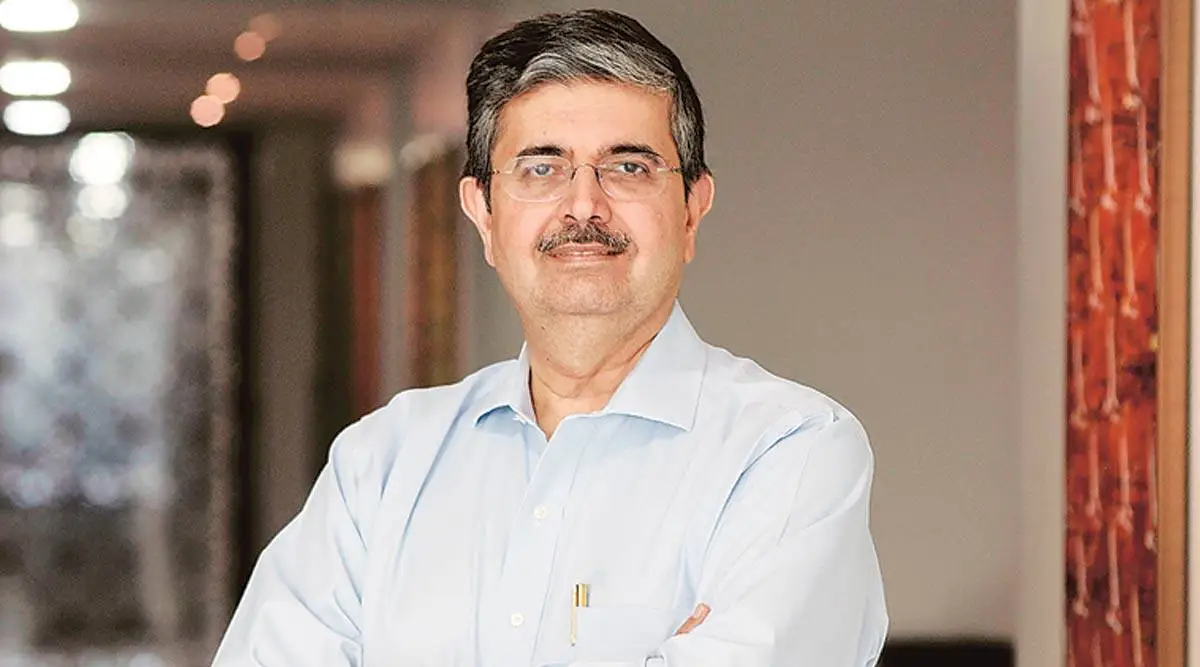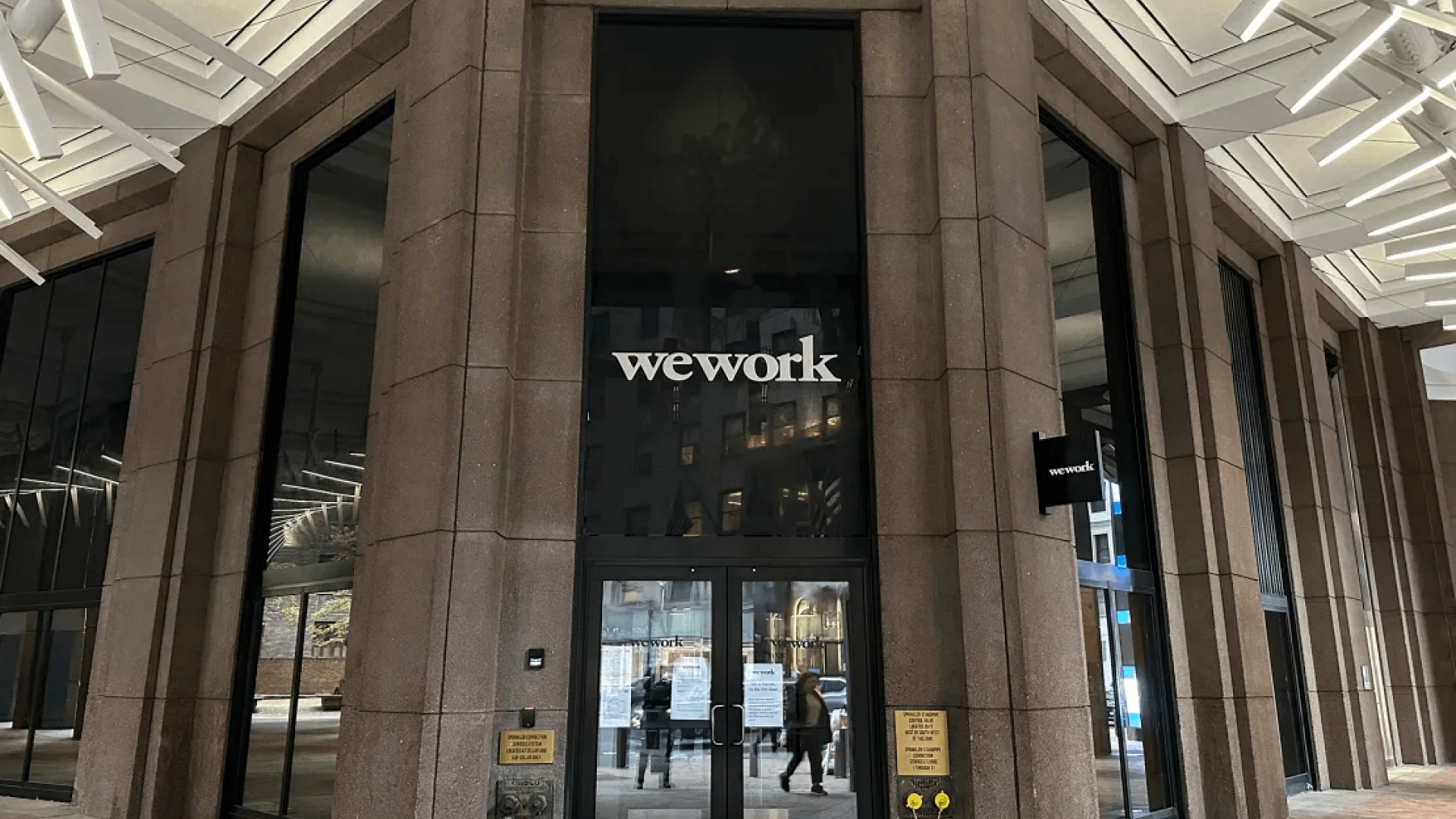The world has become a place where the old rules don’t apply anymore. We are living in an age of disruption, and that’s forcing everyone to change at breakneck speed.
Today, buildings consume half of all energy used in the world. They also consume 80% of fresh water and emit 80% of carbon dioxide into the atmosphere. In some ways, they are becoming obsolete because they no longer meet our needs or provide the right experience for our customers.
Imagine a world where buildings, cities and infrastructure are designed to not just be functional, but also to improve human well-being.
Akila is an Asia-based startup determined to bring on a revolution in the built environment.
It was incubated by Aden Group, a leading facility-management company with 26,000 employees and a 25-country presence.
The founding team brings high-level tech and business experience from companies including Dassault Systemes, Siemens, Accenture and Saint-Gobain who come from energy, engineering, construction, PropTech, facility management, robotics and more.
“We launched in 2021. Since then, we’ve been moving fast and making sure that we don’t waste a single day. Because the fight we are in is a fight that no one on earth can afford to lose” Founders at Akila.
A new kind of company: one that’s built on human-centricity, impact and the ability to change the world by making buildings smarter, more sustainable and more connected.
People Create human-centric spaces where IEQ is optimal and well-being is at the center.
The brand is committed to accelerating net-zero transitions by enabling better decision-making in the C-suite and among portfolio managers and working with clients from across industries (energy, construction, real estate, transportation) as well as corporate leaders who are seeking to leverage data for continuous improvement of their operations.
They ensure every positive step our clients make is backed by hard data and a generator of value in the age of ESG.
People at Akila believe this is an opportunity for innovation, not just for us but also for their customers and society as a whole.
The brand wants to reinvent how buildings are built, run and managed so they can transform cities into hubs where people can live well together – in harmony with nature and each other.
Greenfield: An ongoing, high volume of construction projects – producing enormous C02 emissions in what remains one of the world’s largest but bottom-three least digitized industries.
Brownfield: An enormous quantity of buildings, the majority of which operate at low efficiency and excess energy consumption, an issue which is poised to accelerate as this building stock ages.
Continued urbanization is inevitable, and so are increasingly strict reporting requirements. But increased carbon emissions are not – as long as we take decisive action now.
To achieve this goal, it is critical that companies that are invested in the built environment use a systematic, data-driven approach to the reduction of carbon emissions.
The flagship product —
Akila Energy
helps clients understand their carbon footprint, prioritize projects that have lower emissions potential and make better decisions when making investments in new buildings or retrofitting existing ones.
Akila Asset
Help clients optimize their energy efficiency projects through rigorous design cycles, site visits and detecting faults pinpointing to energy deficiency and downtime.
By standardizing and compiling all of what were previously disparate data sets in one place with a common digital twin structure, companies can now visualize their entire portfolio at a single glance; they can determine how each part contributes to greenhouse gas emissions
They can calculate how much they could save by improving energy efficiency or reducing waste; they can see how many tonnes of CO2 per year were generated by each project and how much was saved through retrofitting or demolition; they can leverage this information to drive change across their organization or industry as a whole.
“We’re building a better built environment for everyone on the planet. And we believe that every step our clients take toward net-zero carbon emissions is a step forward for humanity”.
a NEW AGE DIGITAL TWIN

The challenge for companies will be finding new ways to measure and manage risk associated with their buildings – from those that have been repurposed or modernized to others that have been retrofitted with new technology or even simply renovated for new uses (like hospitals).
Incorporating both the brownfield and greenfield aspects of building operations into one comprehensive platform will allow companies to meet their reporting requirements while also addressing their carbon emissions.
Companies that are committed to reducing carbon emissions should adopt a systematic, data-driven approach to the reduction of carbon emissions. This allows for more efficient decision making, improved operational efficiency and enhanced financial performance.
The Akila platform supercharges an organization’s path towards net-zero by leveraging digital twin and AI technology to monitor key metrics and collate data in one, easily accessible place.
Akila is a fully-functional platform for building energy management.
Akila users can track their progress towards net-zero through step-by-step implementations easily.
A platform that helps companies take their carbon footprint to net-zero.
The platform utilizes AI, machine learning, and big data analytics to provide users with the means of measuring and tracking their progress towards net-zero while managing energy consumption.
The Akila platform is designed to provide the visibility and data necessary for business leaders to make informed decisions about how they can achieve carbon neutrality.
We believe it is possible for every company to operate in a carbon-neutral manner without sacrificing production or profitability.
If you’re a real estate developer or manager, Akila is your answer to unlocking the value of your assets. Akila acts as a single source of truth, opening the path to carbon neutrality.
This is particularly true for ESG-related analysis and tracking, as it is cross-functional by nature, which is why ESG analytics are increasingly relevant and tracked by both private and governmental bodies when analyzing a business’s carbon footprint.
Akila’s features include the following:
Digital Twin Technology: Akila uses digital twin technology to create an idealized model of a building or network of buildings.
Users can then track key metrics such as energy consumption, CO2 emissions and renewable energy generation in real time using an intuitive dashboard that displays data from multiple sources (e.g., smart meters).
Data from these sources can also be analyzed using third party tools such as Google Analytics or Tableau Public when combined with other data sets such as weather data or historical records from utility providers like Edison Electric Institute (EEI) or Entergy Corporation (ENR).
AI Powered Analytics: Akila powers advanced analytics by leveraging AI algorithms to analyze complex data sets in order to identify opportunities for cost
Akila helps organizations reduce their carbon footprint, save money and increase profitability by providing a single source of truth for carbon performance.It is a cloud-based platform that makes it easy to track and manage carbon emissions from an organization’s entire portfolio of buildings and assets.
Akila users can track their progress towards net-zero through step-by-step implementations easily. For example, if you want to reduce your carbon footprint by 10%, you can create an action plan using Akila and then monitor your progress towards net-zero as you implement each step in your action plan.
Akila is a platform that enables organizations to achieve carbon neutrality.
The Akila team has extensive experience in developing and deploying AI-enabled platforms, including:
- The entire digitalization process :
- Registering and digitalizing every asset within the workshop to the Akila platform, covering buildings and equipment such as HVAC, lifting equipment and electrical systems
- Uploading complete equipment data to the cloud; Historical and real-time data has been recorded and applied for maintenance analysis and planning
- Customizing mobile services that streamline conversations between teams – maintenance managers can now guide on-site technicians via a mobile app and digital work orders
- Building digital performance dashboards to help comply with maintenance management reporting KPIs, deploying inspection and maintenance services and forming the basis for scientific performance evaluation





Leave a Reply